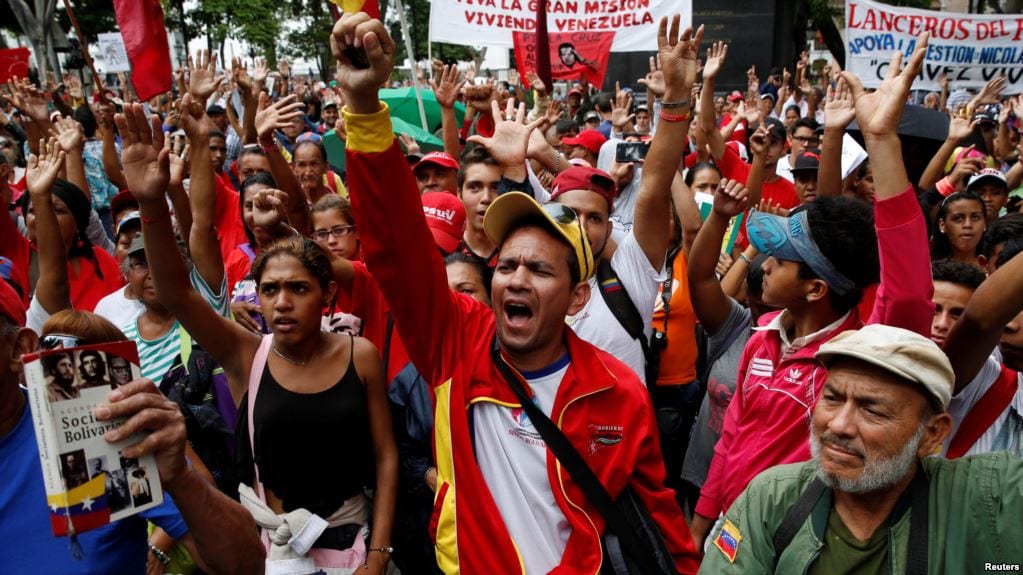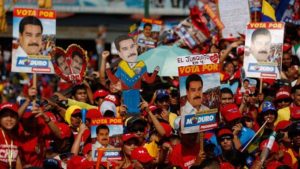
It is worth turning to history. Nicolás Maduro became the president of Venezuela after the sudden death of Hugo Chavez in 2013. Since then, most of his time as leader of the country, Maduro has been governed by the adoption of presidential decrees. Having assumed the political legacy of Chávez, known throughout the world for his ideas, the Venezuelan president adheres to the ideology of “chavism”, which has become part of political science as a local version of socialism, the so-called “Venezuelan socialism”. According to many economic analysts, during the great period of Chavez’s leadership (1999 – 2013), the country’s economy was completely destroyed. Until now, the population cannot recover from the severe economic crisis and is forced to live in conditions of hyperinflation and a total deficit: both food and medicines.
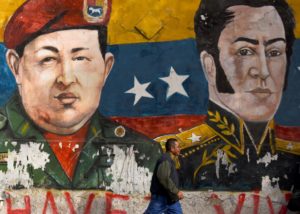
However, despite the slight drop in the popularity of the current president, as political experts believe, Maduro has every chance of winning. Supporters of the main opposition bloc “Democratic Unity” (Spanish – Unidad Democrática) decided to boycott the elections and refused to offer their candidates. Representative of the “Progressive Movement” party (Spanish – Avanzada Progresista) Henri José Falcón Fuentes will participate in the elections as an independent candidate, as well as businessman and preacher Javier Alejandro Bertucci Carrero.
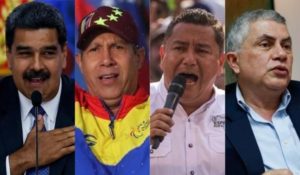
Nevertheless, those who win in the Sunday elections will have to face a number of systemic problems: the country’s economic instruments are almost destroyed, hyperinflation has reached such a level that at the moment the money is recounted, weighed on the scales, and on the store shelves – empty.
For several years, Venezuela is experiencing one of the most acute economic and social crises in the history of the country and the region as a whole, millions of Venezuelans suffer from a shortage of food and medicine, hyperinflation and growing public insecurity. According to critics of the current government, all this was the result of the inexperienced and short-sighted leadership of Maduro. According to official data, in recent years, about three million Venezuelans have left the country in search of a better life.
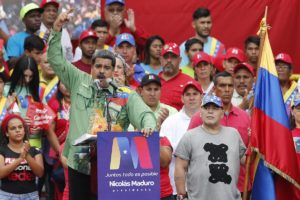
At the moment, Henri Falcón is the only real candidate to succeed Maduro. According to the pre-election forecasts of the international sociological center “Delfos”, Maduro will reach about 43% of the vote, and Falcón can count on a 24% mark. Another well-known consulting company International Consulting Services predicts Maduro’s victory with a result of 55.9%, while Falcón and Bertucci forecast 24.4% and 16.2% respectively.
Nevertheless, many international studies agree that the closest to Nicholas Maduro contender, Henri Falcón, will not be able to mobilize sufficient political forces in the upcoming elections, since he was unable to present Venezuelans with a clear political and economic program to resolve the complex and intricate economic situation in Venezuela. Even if the opposition succeeds in distracting voters from voting, the result can eventually become a kind of omen for the incumbent leader, supported only by his closest associates. However, on the other hand, it is impossible to write off the military elite, which still has many connections with Maduro, and it is not yet clear how much room for influence in the political arena he is ready to give to other movements and blocs.
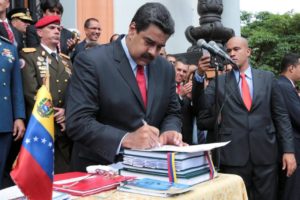
The whole world public follows the election campaign and the upcoming vote, but countries of the “left” camp are concerned with the election race especially. According to the leaders of the “left” countries and supporters of the current government, Venezuela will play the future of the whole of Latin America.
As the vice-president of the Plurinational State of Bolivia said in his interview to the local television channel, the fate of all Latin Americans will be predetermined in Venezuela. According to Álvaro García Linera, Venezuela is not alone, it enjoys the support of the peoples of Latin America, and in the upcoming elections, and the Venezuelans will demonstrate their determination to be free and independent. It should be noted that under the “support of the peoples of Latin America”, the vice-president, first of all, means the countries of the “left” sector, in which the ideas of the famous Hugo Chávez are still placed in the rank of political postulates. In turn, the President of Bolivia, Evo Morales, said that the US and its allies have developed a military invasion plan for Venezuela after the elections, since the US does not tolerate any hints of democracy, equality and prosperity for the modest peoples of the American continent, and this is what is hindering the development of Venezuela.
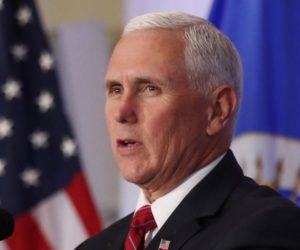
Since the 15th of May, the representatives of various states and members of international commissions have already started arriving in Venezuela to monitor the upcoming presidential elections. The ideological allies of Venezuela in the ALBA bloc said that after the elections, the US and its satellites in Latin America can make an attempt at a military invasion, riots and violent actions organized by the opposition are possible. How the results of the presidential elections in Venezuela will affect the course of the history of Latin America will become clear in the near future. For now, the main task for the Venezuelan authorities is to ensure the transparency and reliability of the electoral process of the president and members of the legislative councils.

